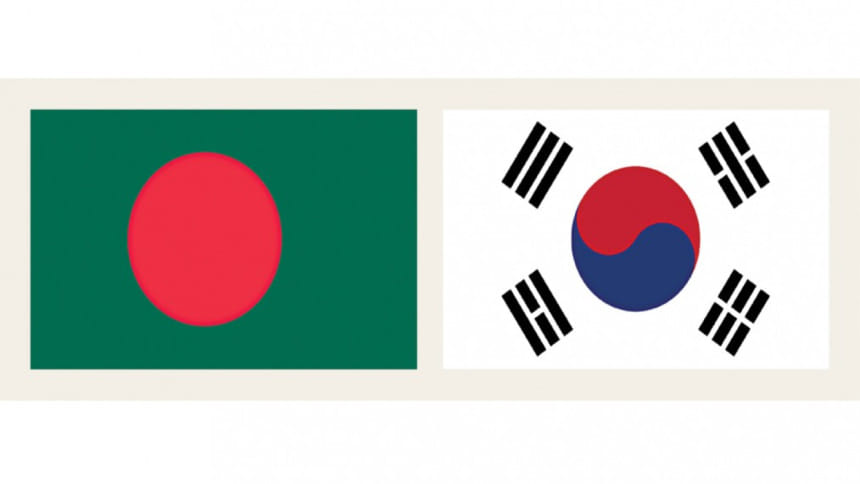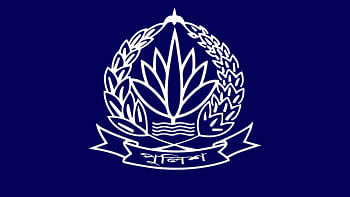South Korea to give $700 million development loan to Bangladesh between 2021-2025

South Korea has decided to provide $700 million development cooperation loan to Bangladesh between 2021 and 2025.
South Korean Ambassador to Bangladesh, Lee Jang-keun, shared the decision with Economic Relations Division (ERD) Secretary Fatima Yasmin at the ODA Projects Review Meeting held virtually today, according to a statement of the embassy.
The two governments have been discussing this plan since last year and, upon the completion of necessary domestic procedures, will sign a Framework Agreement, which contains detailed conditions and the list of potential projects to be considered.
At the meeting, the Korean Embassy and Bangladesh ERD reviewed a number of other ongoing and new development assistance projects between the two governments, including those under implementation through Korea International Cooperation Agency (KOICA).
Bangladesh is a priority development partner of South Korea and the second-largest recipient of Korea's EDCF loan.
Korea has provided $1.24 billion Economic Development Cooperation Fund (EDCF) loan and $172 million in grants through KOICA since 1991 in various sectors, including public administration, vocational training and education, transport, ICT-based communication, public administration, water management, and public health.
At the meeting, the South Korean embassy introduced Knowledge Sharing Program (KSP), a platform for development cooperation, aiming to share knowledge with development partner countries and develop a solid foundation for the expansion of economic and political cooperation.
The embassy recommended the ERD to consider ways to improve the efficiency of development cooperation, including the facilitation of customs clearance and tax exemption on grant equipment and items in accordance with the Framework Agreement for grant aid between the two governments.
Officials from the ERD, Korea EXIM Bank Bangladesh, KOICA Bangladesh, Korea Development Institute also took part in the meeting.

 For all latest news, follow The Daily Star's Google News channel.
For all latest news, follow The Daily Star's Google News channel. 



Comments